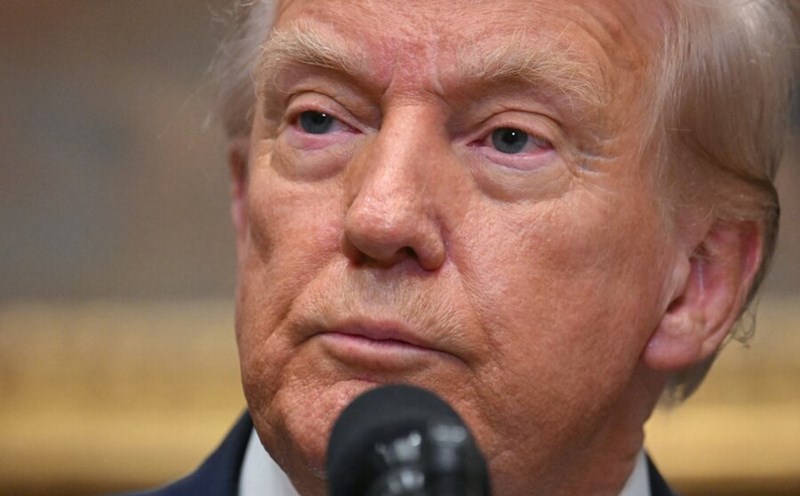The Russian Foreign Ministry said on August 4 that Moscow will stop complying with the Intermediate-Range Nuclear Forces (INF) Treaty after many years of compliance despite the US withdrawing from the treaty in 2019.
"As the situation is moving towards the actual deployment of US-made medium and short-range surface-to-air missiles in Europe and the Asia-Pacific region, the Russian Foreign Ministry noted that the conditions for maintaining a unilateral temporary suspension of the deployment of similar weapons are no longer there," the Russian Foreign Ministry said in a statement.
Russian President Vladimir Putin threatened to respond to the US missile deployment in Germany as planned from 2026 in a similar manner. According to the Kremlin, Russia's response weapons were almost completed a year ago.
According to the German military, the deployment of US nuclear weapons in Germany is a deterrent to Russia's deployment of a Iskander missile carrying a nuclear warhead in the Kaliningrad overseas territory, which has a range of enough distance to reach German cities.
US weapons deployed in Germany will include Tomahawk cruise missiles, which can also be technically equipped with nuclear weapons, SM-6 anti-aircraft missiles and newly developed hypersonic weapons, designed to have a longer range than previous ground systems.
On the same day, August 4, former Russian President Dmitry Medvedev spoke about Russia no longer being bound by the short- and medium-range nuclear missile deployment treaty, noting that Russia will take further steps in response.
"The Russian Foreign Ministry's statement on the lifting of the temporary suspension of the deployment of medium and short-range missiles is the result of the anti-Russia policy of NATO countries. This is a new reality that all our opponents will have to take into account. Let's wait for the next steps," Medvedev shared on social network X.
Medvedev, who is now deputy head of the Russian Security Council, did not provide further details about the statement.
The INF Treaty, signed by Soviet leader Mikhail Gorbachev and US President Ronald Reagan in 1987.
The treaty stipulates the elimination of all ballistic missiles and surface-to-air cruise missiles with a short range of 500 to 1,000km and an average range of 1,000 to 5,500km.
However, Washington withdrew from the INF treaty in 2019, accusing Moscow of violating it. Since then, Russia has said it will not deploy banned weapons under the treaty, as the US has also done.
Last December, Russian Foreign Minister Sergei Lavrov noted that Russia would have to respond to what he called "act of instability" by the US and NATO in strategic fields.
On August 1, US President Donald Trump said he had ordered the transfer of two nuclear subscribers to "appropriate areas" in response to Medvedev's statements about the risk of war between opponents possessing nuclear weapons.











